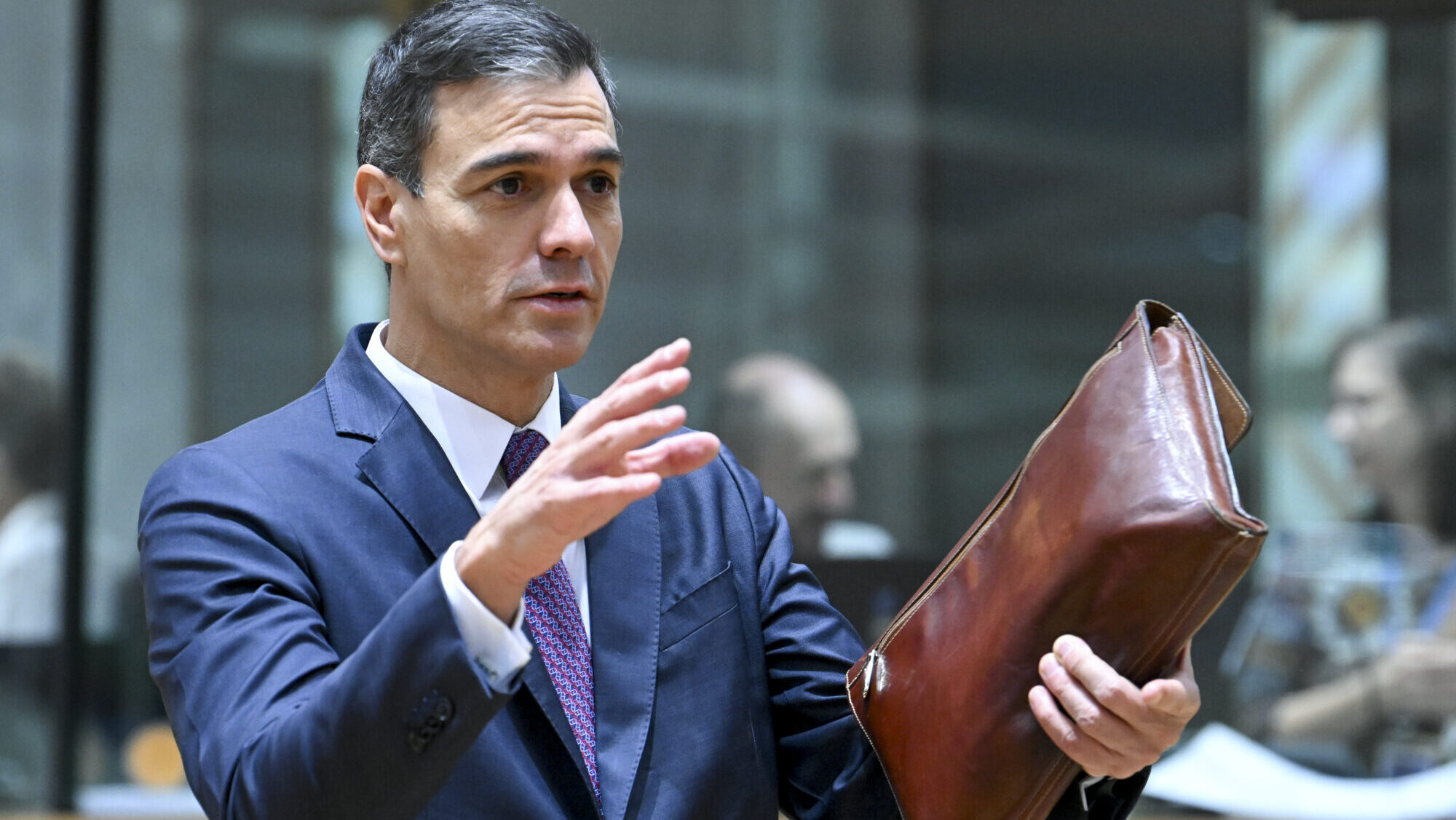
Photo: ©European Union
Spanish Prime Minister Pedro Sánchez has, reportedly, finally agreed to a face-to-face meeting with Catalan separatists and fugitive of Spanish law, MEP Carles Puigdemont.
Puigdemont, who is still the leader of the largest Catalan secessionist party in Spain, Junts per Catalunya (Junts), has long clamored for a face-to-face meeting with Sánchez outside of Spain where Puigdemont has remained since fleeing Spanish authorities in 2017. The MEP was president of the Catalonia region and used his position to organize an illegal referendum on Catalan independence. The referendum saw weeks of riots and street violence.
Junts Secretary General Jordi Turull has announced that Pedro Sánchez and Puigdemont will hold a meeting on a date and place still to be determined, although the meeting will most certainly take place outside of Spain as Puigdemont is still subject to prosecution should he cross into Spanish territory.
The meeting is important to the separatists since the encounter abroad gives the appearance of the two leaders meeting on equal footing in bilateral negotiations, instead of the head of the Spanish government meeting with a former regional governor. For the separatists, this represents an important symbolic victory.
To date, Sánchez has been careful to avoid this situation. He desperately needed Junts’ seven votes in parliament to form a government in November and had to acquiesce to the Catalans’ demand for negotiations with international mediators outside Spain. He has, though, kept the affair low-key, sending only representatives from his political party Partido Socialista Obrero Español (PSOE) instead of anyone from the government. Details of the meetings have not been made public either.
But Sánchez is captive to the small separatist parties, particularly Junts, and has a reputation as a political survivor through every tight spot.
This was evident on Wednesday in his final act in the EU’s rotating presidency, which he has held since July. In Spain, Sánchez rarely appears in public or in the parliament, leaving it to his ministers as much as possible to face questioning from MPs and citizens. Outside of the official events he’s obliged to attend as prime minister, he usually only leaves the prime ministerial residence for rallies of his own party or socialist events abroad. True to political form, as EU president he made as few public appearances as possible, leaving as much as he could to the Spanish government’s other ministers.
Wednesday’s appearance before the EU parliament was unavoidable as he is required to give an account of his presidency to parliament. It finally brought about the long-awaited face-to-face between Sánchez, Puigdemont, and Spanish MEPs who are mostly opposed to Sánchez and Puigdemont. Also inevitably, Spanish MEPs brought up the question of the amnesty law now making its way through the legislative process in Spain. The bill would grant amnesty to Puigdemont and other leaders of the 2017 referendum.
At the same time, while Sánchez may have managed once again to win the day on pure force of will and emotional rhetoric, the EU commission is close on his heels and closely watching how the amnesty proceeds in Spain. This week Brussels confirmed that it has sent Madrid a 16-point questionnaire on the amnesty law, which it is eager to have answered.
